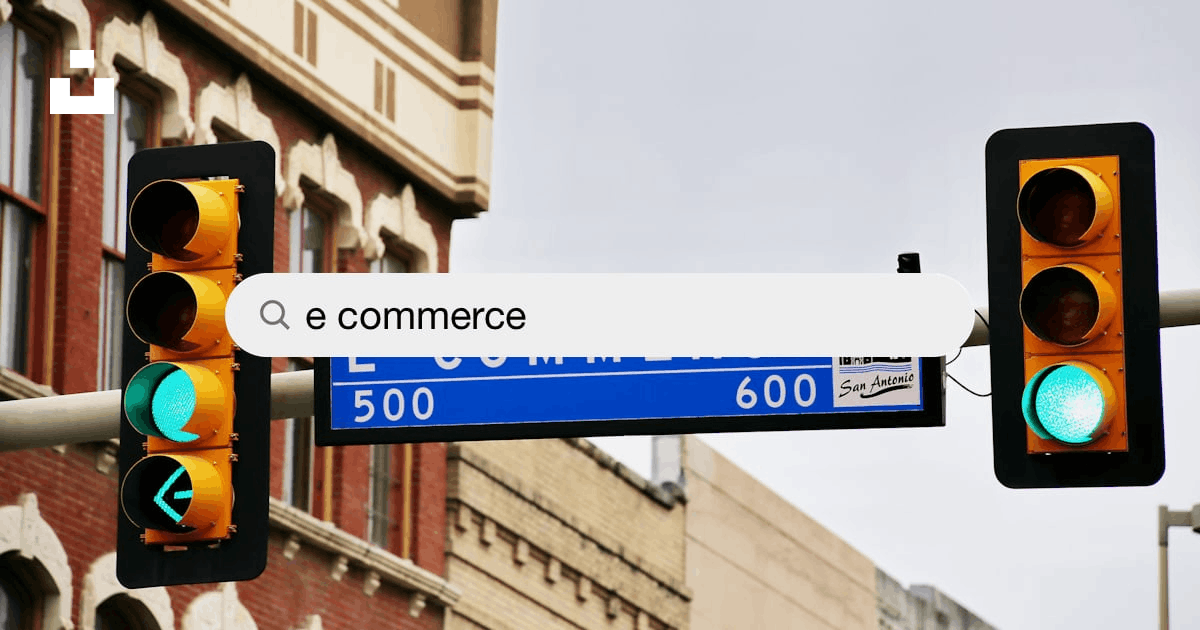Stay Ahead of the Curve: SSL Secured Webstores for Today’s Ecommerce Landscape

E-commerce SSL Secured Webstores
?Image Source: Unsplash
Introduction to the importance of SSL secured webstores
In today’s rapidly evolving digital landscape, ecommerce has become an integral part of our daily lives. With more and more consumers turning to online shopping, it has become crucial for businesses to ensure the security of their webstores. One of the most effective ways to protect sensitive customer information is by implementing SSL (Secure Sockets Layer) encryption. In this article, we will explore the importance of SSL secured webstores and how they can keep your ecommerce business ahead of the curve.
The basics of SSL encryption and its role in webstore security
SSL encryption is a protocol that establishes a secure connection between a web server and a browser. It ensures that any data transmitted between the two parties remains encrypted and cannot be intercepted by malicious third parties. This is particularly important for webstores, as they handle sensitive customer information such as credit card details, addresses, and passwords.
When a webstore is SSL secured, customers can trust that their data is being transmitted securely and that their personal information is protected. This not only builds trust and confidence in your brand but also reduces the risk of data breaches and identity theft. By implementing SSL encryption, you are taking a proactive approach to webstore security and demonstrating your commitment to safeguarding your customers’ privacy.
Benefits of using SSL secured webstores for ecommerce businesses
Implementing SSL security for your webstore offers a range of benefits for your ecommerce business. Firstly, it enhances the overall trustworthiness of your website. When customers see the padlock icon and “https://” in the URL, it signals that your webstore is secure. This instills confidence in potential customers, increasing the likelihood of them making a purchase.
Secondly, SSL secured webstores can improve your search engine rankings. Major search engines like Google prioritize secure websites in their search results. By implementing SSL encryption, you are signaling to search engines that your webstore is trustworthy and safe, which can boost your visibility and drive more organic traffic to your site.
Additionally, SSL security protects your webstore from phishing attacks. Phishing is a common technique used by cybercriminals to trick users into providing their personal information. With SSL encryption in place, it becomes much more difficult for attackers to intercept and manipulate data on your webstore, reducing the risk of phishing attempts.
Understanding the risks of not having SSL security for your webstore
Operating a webstore without SSL security can have serious consequences for your business and your customers. Without encryption, sensitive customer data can be intercepted by hackers, leaving your customers vulnerable to identity theft and financial fraud. This not only damages your customers’ trust in your brand but also exposes your business to potential legal liabilities.
Furthermore, web browsers are becoming increasingly stringent when it comes to security. Many modern browsers display warnings to users when they visit websites that are not SSL secured. This can create a negative impression of your business and deter potential customers from making a purchase. In a highly competitive ecommerce landscape, where trust and security are paramount, not having SSL security can put your business at a significant disadvantage.
How to implement SSL security for your webstore
Implementing SSL security for your webstore involves several steps. First, you need to obtain an SSL certificate from a trusted Certificate Authority (CA). There are different types of SSL certificates available, ranging from basic domain validation certificates to more advanced extended validation certificates. Choose the one that best suits your business needs.
Once you have obtained the SSL certificate, you need to install it on your web server. This involves generating a certificate signing request (CSR), submitting it to the CA, and following their instructions to complete the installation. Depending on your hosting provider and web server software, the process may vary, so it’s advisable to consult your provider’s documentation or seek professional assistance if needed.
After installing the SSL certificate, you need to configure your web server to use HTTPS instead of HTTP. This typically involves modifying your server configuration files or using a control panel provided by your hosting provider. Once the HTTPS connection is established, all data transmitted between your webserver and customers’ browsers will be encrypted and secured.
Common misconceptions about SSL secured webstores
There are several common misconceptions surrounding SSL secured webstores that need to be addressed. One misconception is that SSL is only necessary for ecommerce websites that process credit card payments. While it is crucial for online stores that handle sensitive financial information, SSL encryption is beneficial for all webstores, regardless of the payment method used. It protects all customer data, including names, addresses, and passwords.
Another misconception is that SSL significantly slows down website performance. While it’s true that SSL encryption adds some overhead to the data transmission process, modern SSL protocols and hardware acceleration technologies have minimized the impact on website speed. The benefits of SSL security far outweigh the minimal performance impact, making it a worthwhile investment for any ecommerce business.
Best practices for SSL implementation and maintenance
To ensure the effectiveness and longevity of your SSL security, it’s important to follow best practices during implementation and maintenance. First and foremost, regularly update your SSL certificate to ensure it remains valid and trusted by web browsers. SSL certificates have an expiration date, so it’s important to renew them before they expire to avoid any disruptions in your webstore’s security.
Additionally, regularly monitor your SSL configuration to identify any potential vulnerabilities or misconfigurations. There are various online tools and services available that can help you assess the security of your SSL implementation and provide recommendations for improvement. By staying proactive and vigilant, you can maintain a robust SSL security posture and protect your webstore from emerging threats.
Case studies of successful SSL secured webstores
To illustrate the impact of SSL security on ecommerce businesses, let’s explore a couple of case studies. One case study is “Company X,” an online retailer that implemented SSL encryption for their webstore. After implementing SSL, Company X noticed an increase in website traffic and conversions. Customers felt more confident in making purchases, resulting in a significant boost in revenue. The trust and security conveyed by SSL encryption had a direct positive impact on their bottom line.
Another case study is “Company Y,” a small boutique ecommerce store that initially operated without SSL security. After a security breach compromised customer data, Company Y quickly implemented SSL encryption to regain customer trust and prevent future attacks. The implementation of SSL not only restored customer confidence but also attracted new customers who recognized the commitment to security. Company Y emerged stronger from the incident and established itself as a reputable and secure webstore.
The future of SSL security and its impact on ecommerce
As technology continues to advance, the role of SSL security in ecommerce will only become more crucial. With the rise of IoT (Internet of Things) devices and the increasing sophistication of cyber threats, the need for robust webstore security will continue to grow. SSL encryption will remain a fundamental component of webstore security, ensuring the privacy and protection of customer data in the face of evolving threats.
Furthermore, the introduction of new SSL protocols, such as TLS 1.3, will enhance the security and performance of SSL secured webstores. These protocols offer improved encryption algorithms and faster handshake processes, making SSL security even more efficient and secure. Ecommerce businesses that stay ahead of the curve and embrace these advancements will be better equipped to navigate the ever-changing ecommerce landscape.
Conclusion: Why SSL secured webstores are essential in today’s ecommerce landscape
In conclusion, SSL secured webstores are no longer optional but essential in today’s ecommerce landscape. They provide a secure environment for customers to shop, safeguarding their sensitive information from potential threats. SSL encryption enhances trust, boosts search engine rankings, and protects webstores from phishing attacks. By implementing SSL security, businesses can stay ahead of the curve and build a strong foundation for success in the digital marketplace.
As an ecommerce business owner, now is the time to prioritize SSL security for your webstore. Invest in an SSL certificate, follow best practices for implementation and maintenance, and constantly adapt to emerging technologies and threats. By doing so, you can establish a reputable and secure webstore that attracts customers, builds trust, and grows your business in the ever-evolving ecommerce landscape.
Call-to-Action:
Are you ready to secure your webstore and gain a competitive edge in the ecommerce landscape? Contact our team of experts today to discuss how SSL encryption can benefit your business and protect your customers’ data. Don’t wait until it’s too late – stay ahead of the curve with SSL secured webstores.


Leave A Comment